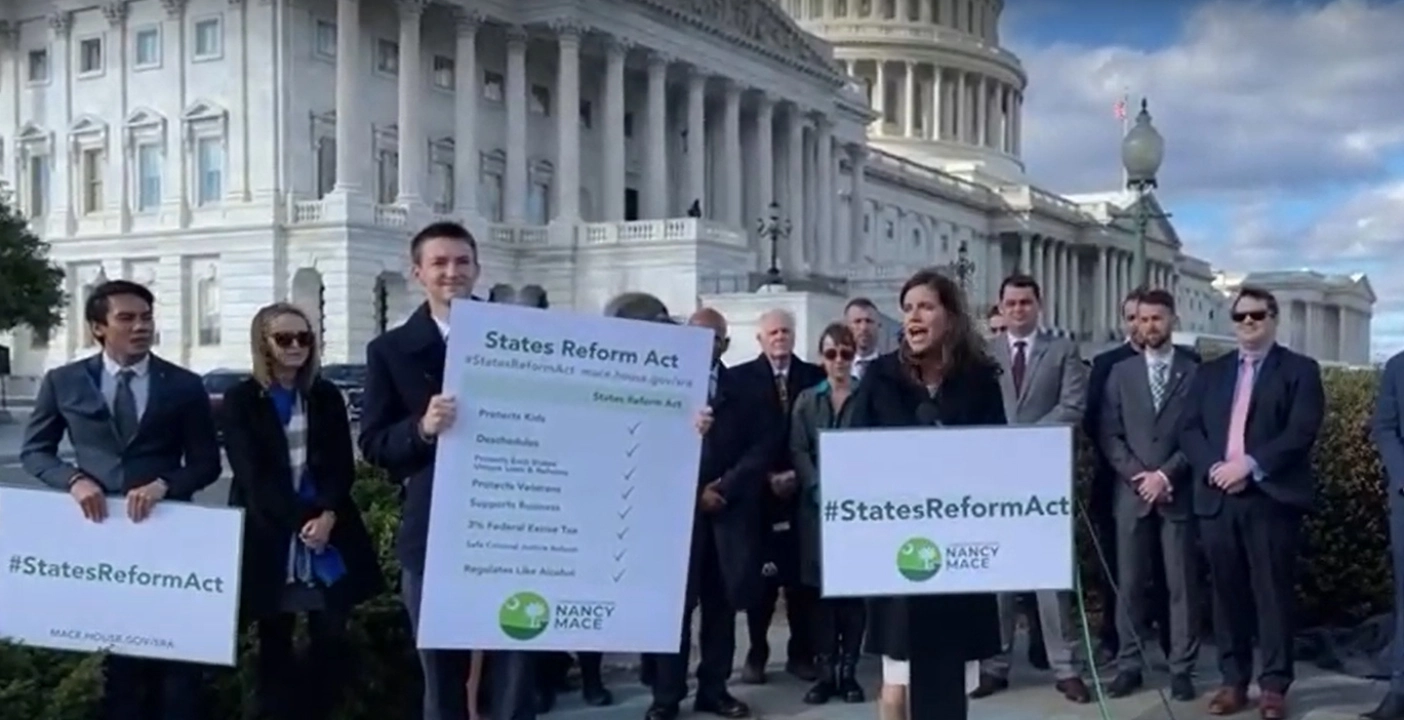An independently owned cannabis store in St. Catharines, Ontario, believes it has found a partial solution to the growing amount of trash created in the booming new industry.
The Niagara Herbalist has started paying customers for their empty cannabis packages with store credits, styled after similar programs offering cash for empty alcohol containers.
One of the goals is to divert waste that would have ended up in landfills.
The store is offering customers a store credit of 10 Canadian cents (8 U.S. cents) for glass jars or bottles and CA$0.05 for plastic jars and other recyclable outer-packaging, including cardboard containers and plastic pre-roll or vaporizer containers.
Used vape cartridges and vape batteries are not part of this program, which launched Nov. 15.
While recycling programs aren’t new – Canopy Growth and TerraCycle launched a nationwide program in 2019 – this is believed to be the first time in Canada a cannabis store is offering financial compensation for empty packaging.
“Cannabis packaging is a problem. Right from Day One, there’s been so much of it,” Niagara Herbalist co-owner Kevin Trethowan told MJBizDaily in a phone interview.
He said the buyback program is a year-and-a-half in the making, and Niagara College’s Environmental Management and Assessment program helped get it going.
The program also accepts plastics that cannot be recycled, then looks for ways to repurpose them.
The learning curve for entering the cannabis industry is steep. Start with the fundamentals.
MJBiz Cannabis 101 Email Course
A 10-part email course designed to educate new hires and aspiring professionals on the key fundamental areas of the legal cannabis industry, including:
- History of legal cannabis in America
- Overview of plant-touching + ancillary business sectors
- Cannabis finance and investing
- Cannabis marketing and brand building
- Employment + hiring opportunities
- And much more!
Gain a comprehensive understanding of this complex industry with this free resource.
“The problem is that so many of the products in the cannabis industry, not all of them are recyclable. Some of the plastics may look like they can be recycled, but they can’t,” Trethowan said.
“So what happens is, customers put all of these products (packaging) into their recycling bin, and when they get to the facility for sorting, you have tons of products which can’t be recycled.
“It adds time and cost for those people to re-sort those products, and all of the containers that can’t be recycled go into a landfill.”
The addition of a buyback element like that of The Beer Store is what sets this program up for success, The Niagara Herbalist says, because it offers that extra incentive.
“People deserve to be rewarded for taking steps towards living more sustainably, and we’re trying to do our part by taking on the costs of compensating our customers for their initiative,” The Niagara Herbalist co-owner Jessica Bonilla said in a statement.
Health Canada does not track the amount of packaging used in the nation’s cannabis industry.
Industry sources, however, have put the number at more than 10,000 tons.
Additionally, roughly 6 million packages of finished cannabis products were destroyed by licensed producers from 2018 through 2020.
Matt Lamers can be reached at matt.lamers@mjbizdaily.com.




